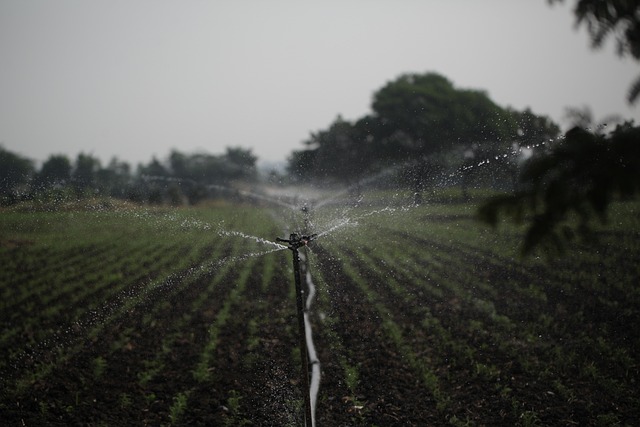Revolutionizing Sustainable Water Management: Green Technologies for a Carbon-Neutral Future
In an era where climate change and resource scarcity pose significant threats to our planet, sustainable water management has emerged as a critical focus of innovation. As we navigate the complexities of sustainable development, it is imperative that we rethink our approach to water usage, ensuring that it actively contributes to a healthier ecosystem and a viable future for generations to come.
Every drop of water counts, and as we reflect on our ecological footprint, it’s clear that the way we manage water resources directly impacts our environment. Traditional methods of water management have often led to waste, pollution, and depletion. However, the integration of green technologies into our water management systems presents a beacon of hope. Innovations such as rainwater harvesting, advanced filtration systems, and smart irrigation technologies are not just trends; they are essential steps towards a sustainable future.
One of the most promising advances in sustainable water management is the deployment of systems that embrace the principles of nature. For example, bioremediation uses natural processes to treat contaminated water, eliminating reliance on harmful chemicals. Likewise, greywater recycling systems can significantly reduce demand for fresh water by repurposing water from sinks and showers for irrigation. These technologies not only lower our water usage but also minimize our carbon footprint, aligning seamlessly with the goal of achieving a carbon-neutral future.
Moreover, the intersection of technology and sustainability is creating opportunities for smarter urban planning. With the advent of the Internet of Things (IoT), cities can implement real-time monitoring of water usage and leakage, allowing for immediate responses that conserve water and energy. These systems optimize distribution and reduce waste, making them invaluable components of modern urban infrastructure that promote sustainable development.
As we strive towards a carbon-neutral future, it is essential to embrace an integrated approach to sustainable water management. This requires collaboration among governments, industries, and communities to foster policies that support innovative green technologies. By prioritizing investment in these areas, we can create a resilient framework that not only meets our immediate water needs but also safeguards the environment for future generations.
Ultimately, the transition to sustainable water management is not merely a challenge; it is an opportunity. An opportunity to rethink our relationship with water, align our practices with the principles of sustainability, and contribute to a healthier planet. As we champion green technologies in this vital sector, we move closer to achieving a truly sustainable and carbon-neutral future.




